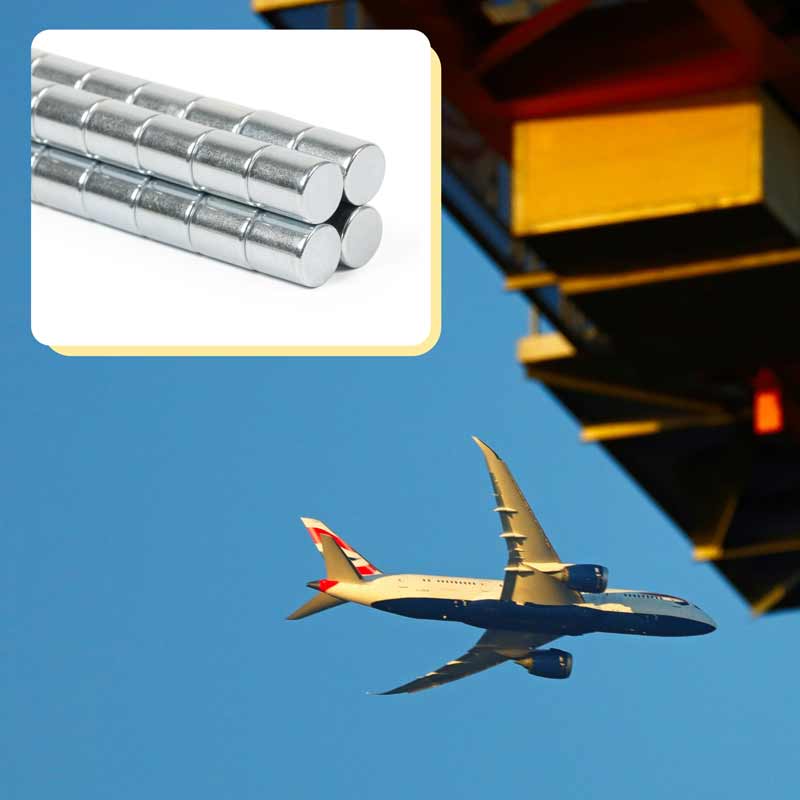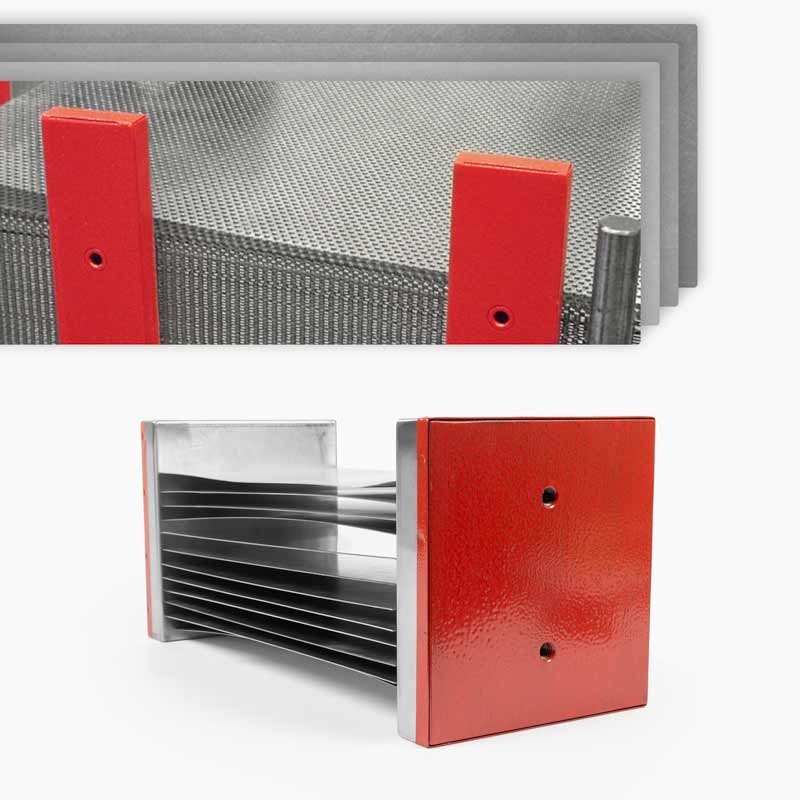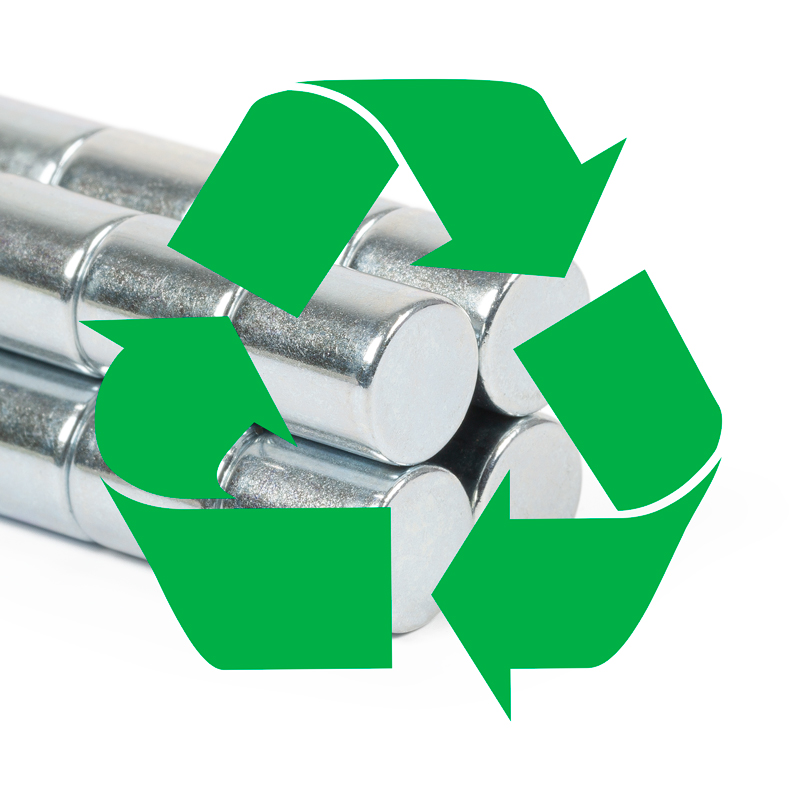CHINA STOPS EXPORT OF RARE EARTH METALS – We are in continuous contact with our suppliers in China and, in consultation with them, have concluded that HYAB is not affected by the export ban at this time.
Blog page
Recent Post

Published: 2025-05-21
Magnets in Restaurant Kitchens

Published: 2025-05-16
Global supply challenges and HYAB’s role

Published: 2025-05-13
Electromagnets – a more controllable magnet

Published: 2025-05-09
Magnetic filtration in the process industry

Published: 2025-05-06
Sheet metal handling – Easier with magnets

Published: 2023-04-19
![]() Daniel Gårdefelt
Daniel Gårdefelt
Earth as a magnet: Understanding the magnetic field of our planet
Because our Earth has a magnetic field, our planet is often compared to a large magnet. This invisible force surrounds and protects our planet. I...
Show more >
Published: 2023-03-19
![]() Daniel Gårdefelt
Daniel Gårdefelt
Can magnets be recycled?
These days magnets are in everything from cars to refrigerators to televisions to pacemakers. Still, many people question whether magnets are rec...
Show more >
Showing 1 to 1 of 2 (1 Pages)

